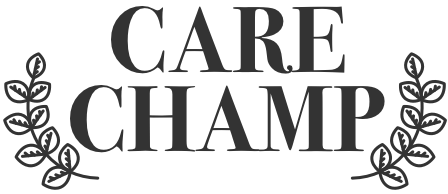When a patient starts to experience memory loss and other forms of cognitive decline, it can be a stressful, uncertain, and trying time for everyone involved, from the patient to their family, friends, caretakers, and even healthcare professionals.
No matter what the cause of the cognitive impairment, it’s important to quickly find out how an individual’s cognitive function is affected so that an appropriate treatment plan can be devised.
This is where MoCA [Montreal Cognitive Assessment] comes in—a straightforward tool for diagnosing patients and gauging an appropriate follow-up and treatment plan. With the ability to assess several cognitive domains, the MoCA test is a proven and useful cognitive screening tool.
The MoCA is a brief 30-question test that takes around 10 to 12 minutes to complete and helps assess people for cognitive impairment. Scores range from zero to 30, with a score of 26 and higher generally considered normal. Understand that, the MoCA test, while helpful in identifying cognitive concerns, should be combined with other assessments conducted by a physician in order to fully evaluate mental functioning and identify possible causes of memory loss.
Who administers the MoCA Test
Nurses; Speech / Language Therapists; Occupational Therapists; Neurologists; Psychologists; Geriatricians; Family Practice Physicians and more.
NOTE: Any clinician, health professional, or worker who wishes to administer, score and interpret the MoCA Test should be trained and certified. Only health professionals with expertise in the cognitive field should interpret the results. We recommend booking a registered nurse (RN) to help you or your loved one taking the test, contact our office team to help you with booking a nurse. With the help of a nurse the outcome of the MoCA is more accurate and the best treatment plan can be devised. See more about MoCA here.

